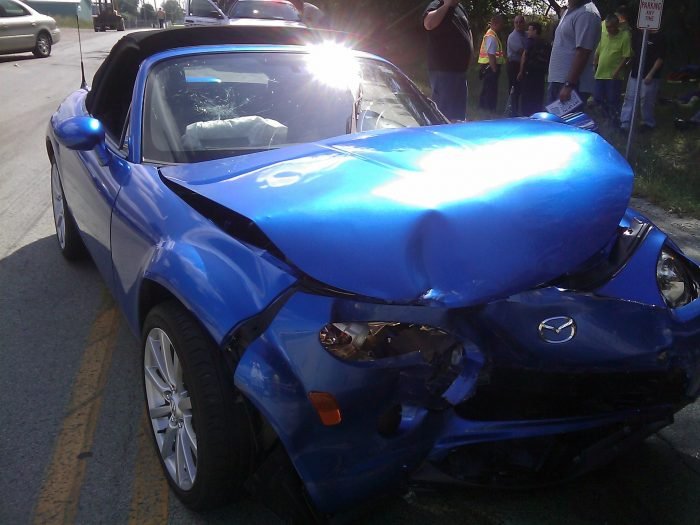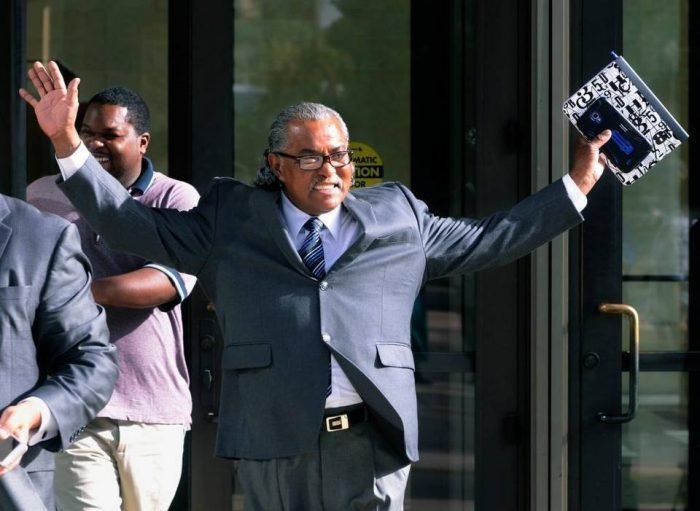A defense attorney can help someone who’s been arrested for and/or convicted of a crime can get their juvenile records sealed, get their adult records sealed, and get their adult conviction expunged. Beyond these, one could take the next step further and apply for a governor’s – “gubernatorial” – pardon.
Where sealing and expunging records effectively erase the arrest or conviction, someone may still have their rights restricted because of past criminal run-ins with the law.
The gubernatorial pardon has the effect of restoring many of these rights, including the ability to own a firearm in some cases, to serve on a jury trial, and to be considered for appointment as a county probation officer or state parole agent.
The code sections governing pardons in the state of California are contained in California Penal Code sections 4852.01-4852.22 PC.
How much does it cost to apply for a pardon?
There is no state fee for applying for a pardon in California.
How do I apply for a pardon in California?
The application for a pardon in California is generally a two-step process. First, the applicant must file for and be successful in an application for a Certificate of Rehabilitation. If and when the Certificate of Rehabilitation is granted, the applicant can then petition for a pardon from the California governor.
Am I eligible for a pardon in California?
Generally, applications for a pardon will not be considered unless the person applying for a pardon has been discharged from probation or parole for at least 10 years without further criminal activity during that period.
To apply for a pardon in California, the applicant must also show a three-year residence within California immediately prior to the filing of the petition for a Certificate of Rehabilitation.
Note that the California governor can’t grant a pardon for a conviction from another jurisdiction, for example, if the pardon applicant was convicted in another state or in a federal case. If the conviction happened in another state, the applicant must apply for a pardon in that particular state.
Also, those on mandatory life parole, those committed under death sentences, and those who have were convicted of certain sex crimes involving a child younger than 14 are not eligible to apply for a Certificate of Rehabilitation. Those not eligible for a Certificate of Rehabilitation may still be able to apply for a pardon through the direct pardon process, which is described below.
What is a Certificate of Rehabilitation?
A Certificate of Rehabilitation is a court order that declares that a person convicted of a crime is now rehabilitated. Any person convicted of a felony who can establish residency in California may apply to the Superior Court in the county where he or she lives for the certificate, provided that the applicant meets the legal requirements of demonstrated rehabilitation.
How do I get a Certificate of Rehabilitation in the state of California?
The application for the Certificate of Rehabilitation can usually be obtained from the court clerk, probation department, or public defender’s office. Once the petition is filed, the court may require an investigation by the district attorney and will schedule a hearing on the matter. Before this hearing, the applicant may want to consult with an attorney to ensure that they meet the legal requirements for the Certificate of Rehabilitation.
The legal requirements for a Certificate of Rehabilitation can include a rehabilitation period, which includes five years of residence in California and could include additional rehabilitation time depending on the crime the applicant was convicted for. For example, offenses carrying a life sentence add an additional five years to the rehabilitation period.
One of the things that the court will look at is whether the applicant has lived “an honest and upright life”, conducted themselves with “sobriety and industry”, exhibited good moral character, and conformed to and obeyed the laws of the land.
In determining whether the applicant meets these standards, the court can look at a variety of things, including trial transcripts, probation officer reports, jail records, prison records, and police officer reports, and can hear any testimony it finds necessary to make its decision.
If the court concludes that the applicant meets the requirements, the court will then issue the Certificate of Rehabilitation.
Can I still apply for a pardon if I am ineligible for a Certificate of Rehabilitation?
A pardon applicant may still be able to get a pardon from the governor if he or she files a direct pardon. This procedure is used mostly by people who were convicted of a crime in California and now live outside the state, and to those who are not eligible for the Certificate of Rehabilitation because they have been convicted of certain sex offenses or certain misdemeanor offenses.
How do I petition for a pardon from the California governor?
Once an applicant is able to get a Certificate of Rehabilitation, the certified copy of the certificate becomes an application for a full pardon. Once the governor receives the pardon application, he may grant the pardon without further investigation.
The governor can’t grant a pardon for someone who has been convicted twice of a felony except upon written recommendation of a majority of the judges of the Supreme Court.
What is the effect of a gubernatorial pardon?
The pardon does not seal a criminal record or expunge the record of conviction, the pardon itself is a public record, and the person pardoned will still have to reveal the conviction if asked on a job application. However, it does function to restore many rights.
When an applicant is successful in getting a pardon from the California governor, the pardon entitles the person the right to exercise all “civil and political rights of citizenship.” Among others, the pardon can restore the right to own a firearm in some cases, to serve on a jury trial, and to be considered for appointment as a county probation officer or state parole agent.











